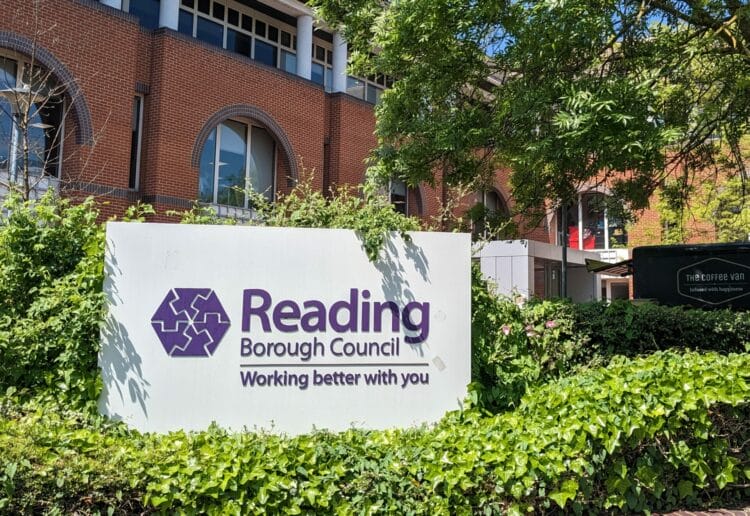READING Borough Council says that nearly £13 million is likely to be needed over the next three years to meet increases in demand for services.
The latest budget announcement by the council is citing “sharp” increases in demand on council services alongside general pressures of inflation as it seeks to make savings.
The Medium term Financial Strategy update has been released ahead of the details of the Local Government Finance Settlement, with a finalised version of the full budget set to be finalised in February.
The provisional document laid out a number of “financial pressures” that the council’s budget was facing, and an estimate of £12.9m’s worth of savings and “efficiencies” to be made.
It explains that £7.5 million would be needed for children’s services, with just under £6m needed for increased placement costs for children, plus an extra £1.6m of net inflationary increases, as reported by Brighter Futures for Children.
The adult social care services also need nearly £6m, including care for older and vulnerable residents, of which £4.5m is related to inflation.
Another £1m is expected to be required over the next three years for preventing homelessness, which, it says, is a result of the rise in private sector evictions and an increased cost of providing emergency accommodation.
In all, more than £4m of extra funding will need to be found by the council for the 2024/2025 period, and the remaining £8.8m for the following two years.
The figures are provisional, and come ahead of the Provisional Local Government Finance Settlement due in mid-December.
The report has been released ahead of a Select Committee meeting later this week, and the budget as set out in full will be discussed in February next year.
Despite the shortfall, the council insists it will continue with investment into new facilities, including its planned transport infrastructure improvements, new library and civic centre, leisure investments, and renewable energy investments.
The draft program of those investments totals more than £290 million in spending over the next three years, which the council said was made up of a combination of “successful bids for grants, cheaper borrowing available to councils, developer contributions, infrastructure funding and capital receipts.”
These are set apart from funds used to run services, which are not used to balance revenue budgets.
Councillor Jason Brock, Reading Borough Council Leader, said: “The link between high inflation – precipitating the on-going cost-of-living crisis – and pressures on council budgets everywhere is undeniable and now clear to see.
“Locally in Reading, we are seeing a significant spike in demand for the essential local services the Council provides– the cost of placements to protect children in care is rising fast, as is the cost of caring for older and vulnerable residents.
“The Social care is a sector largely ignored by this Government for many years, and the consequences nationally are stark.”
He explained: “As residents continue to struggle financially, we are seeing a rise in private sector evictions, with the Council left to pick up the increasing cost of providing emergency accommodation.
“Twelve Section 114 notices have been issued by local councils since 2018 – declaring themselves effectively bankrupt – compared to just two over the previous 18 years.
“Nottingham was the latest example only last week–some of those will be the result of poor financial decisions, but what we are now seeing is councils struggling due to high inflation, the knock-on effect of rising demand for essential council services, and 13 years of real-terms Government cuts to local authority budgets.
“Ultimately, those Section 114 notices mean that residents in those areas will suffer, with vital services cut back.”
He continued: “By contrast, this Council has successfully delivered nearly £30 million of savings over the past three years.
“Many years of prudent financial planning means we remain in a relatively strong position in Reading to absorb the pressures, in comparison to other councils, while at the same time continuing to invest in modern new facilities for residents through our capital programme.
“The latest forecasts mean we will need to continue to look for new savings, efficiencies, and income, however, in order to set a balanced budget in February, which every council must do by law.”
He said it was unclear whether Government would use this year’s settlement to address the financial pressures by upping council funding
“But the Chancellor’s Autumn statement suggests that remains far from likely– indeed, there seems to be a head-in-the-sand approach coming from Westminster as public services groan under the strain of a faltering economy and failures of public policy.”























